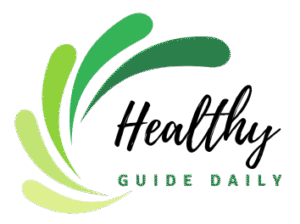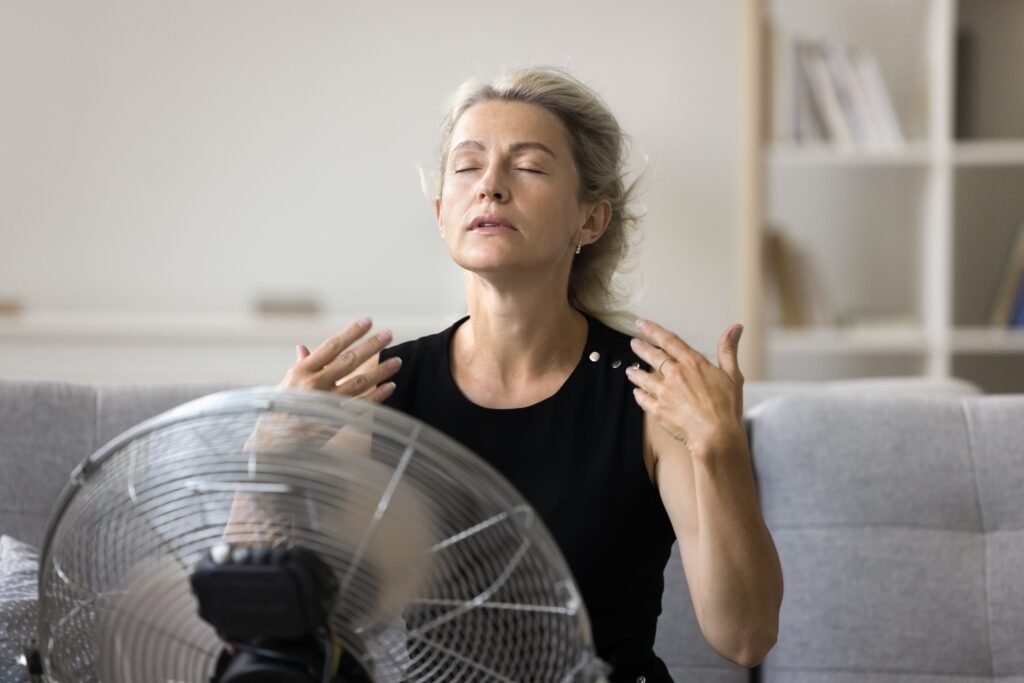What if the key to sailing through perimenopause wasn’t a pill, but a set of habits you can start today—habits proven to ease symptoms, sharpen your mind, and protect your health for decades to come?
Story Snapshot
- Perimenopause starts as early as your late 30s, lasts years, and brings symptoms most women are never warned about—until it’s too late.
- Modern medicine now champions lifestyle changes, not just drugs, as the first line of defense for perimenopausal women.
- Five evidence-backed habits—nutrition, exercise, sleep, stress management, and health monitoring—can dramatically improve quality of life during this transition.
- Women who act early, before symptoms hit hard, report better control over mood, weight, sleep, and long-term health risks.
- This shift marks a turning point: women are finally being equipped to take charge of their hormonal health, not just endure it.
The Perimenopause Puzzle: Why Most Women Are Playing Catch-Up
Perimenopause isn’t menopause. It’s the often-overlooked, years-long transition when hormones begin their rollercoaster ride—sometimes a decade before periods stop. Hot flashes, sleepless nights, mood swings, and unexplained weight gain are just the start. For generations, women were told these changes were “just part of life,” with little guidance beyond hormone replacement therapy (HRT). Today, the script has flipped. Research shows that lifestyle choices made in your 30s and 40s don’t just ease symptoms—they can redefine your health trajectory for decades.
Leading gynecologists, dietitians, and sleep experts now agree: perimenopause is the critical window for preventive action. The old model—wait for symptoms, then treat—is being replaced by a proactive approach that empowers women to take control before the storm hits. This isn’t just about feeling better today. It’s about reducing the risk of osteoporosis, heart disease, and cognitive decline down the road.
Watch: 7 Daily Habits Women in Perimenopause Need to Feel Their Best
Habit 1: Rethink Everything You Eat
Nutrition is the foundation. As estrogen and progesterone levels fluctuate, metabolism slows, and the body becomes less forgiving of poor dietary choices. Whole foods—vegetables, lean proteins, healthy fats—should dominate your plate. Processed foods, sugar, and excess carbs amplify symptoms like fatigue, brain fog, and weight gain. Adequate protein supports muscle mass, which naturally declines with age. Hydration matters more than ever, as hormonal shifts can trigger bloating and dry skin. Nutrition isn’t about deprivation; it’s about strategic choices that keep your body and mind resilient.
Habit 2: Move Like Your Health Depends on It—Because It Does
Exercise is non-negotiable. Strength training preserves muscle and bone density, both of which decline during perimenopause. Cardiovascular exercise—walking, cycling, swimming—boosts mood, supports heart health, and helps regulate weight. Flexibility and balance work reduce injury risk as joints and ligaments become less forgiving. The goal isn’t to train like an Olympian, but to move consistently, in ways you enjoy.
Watch: The Fit & Fierce Blueprint: How to Build Strength, Burn Fat & Thrive in Perimenopause
Habit 3: Sleep Is Your Secret Weapon
Sleep disturbances are one of the most common—and disruptive—symptoms of perimenopause. Night sweats, insomnia, and restless legs can turn nights into a battleground. Yet, sleep is when the body repairs itself, regulates hormones, and consolidates memory. Establishing a consistent sleep routine—going to bed and waking at the same time daily—signals your body to expect rest. Limit caffeine and alcohol, especially in the evening. Create a cool, dark, quiet sleep environment. Reserve the bed for sleep and intimacy, not work or screens.
Habit 4: Master Stress Before It Masters You
Stress amplifies every perimenopausal symptom. Cortisol, the stress hormone, interacts with estrogen and progesterone, creating a vicious cycle: stress worsens symptoms, which in turn increases stress. Breaking this cycle requires intentional stress management. Techniques like deep breathing, meditation, yoga, and grounding exercises lower cortisol levels, improve mood, and reduce physical symptoms. Even five minutes of focused breathing can reset your nervous system.
Habit 5: Monitor, Don’t Ignore
Perimenopause is highly individual. Symptoms, severity, and timing vary widely. Regular health check-ups—with a provider who listens—help track changes and catch issues early. Blood pressure, cholesterol, blood sugar, bone density, and thyroid function should all be monitored. Keep a symptom journal to identify patterns and triggers. Don’t dismiss new or worsening symptoms as “just aging.” Early intervention can prevent minor issues from becoming major problems.
The Bigger Picture: Why This Matters Now
Perimenopause is no longer a taboo topic whispered in doctors’ offices. It’s a mainstream health issue with real consequences for half the population. The shift toward lifestyle-based management reflects a broader trend in medicine: prevention is better than cure. Women who adopt these habits early report not just symptom relief, but renewed energy, mental clarity, and a sense of control during a time of profound change.
Sources:
Franciscan Health: First Signs of Perimenopause
MindBodyGreen: Lifestyle Habits That Help Make Perimenopause Easier
Tara MD: Perimenopause Nutrition Foundations
Women’s Health Alliance: Recognizing the 34 Symptoms of Menopause
Scripps Health: 5 Tips to Help You Prepare for Perimenopause
Cleveland Clinic: Perimenopause
SSM Health: When You’re 35-49
WHI San Antonio: Perimenopause—The Change No One Told You About
Harvard Health: Perimenopause—Rocky Road to Menopause







